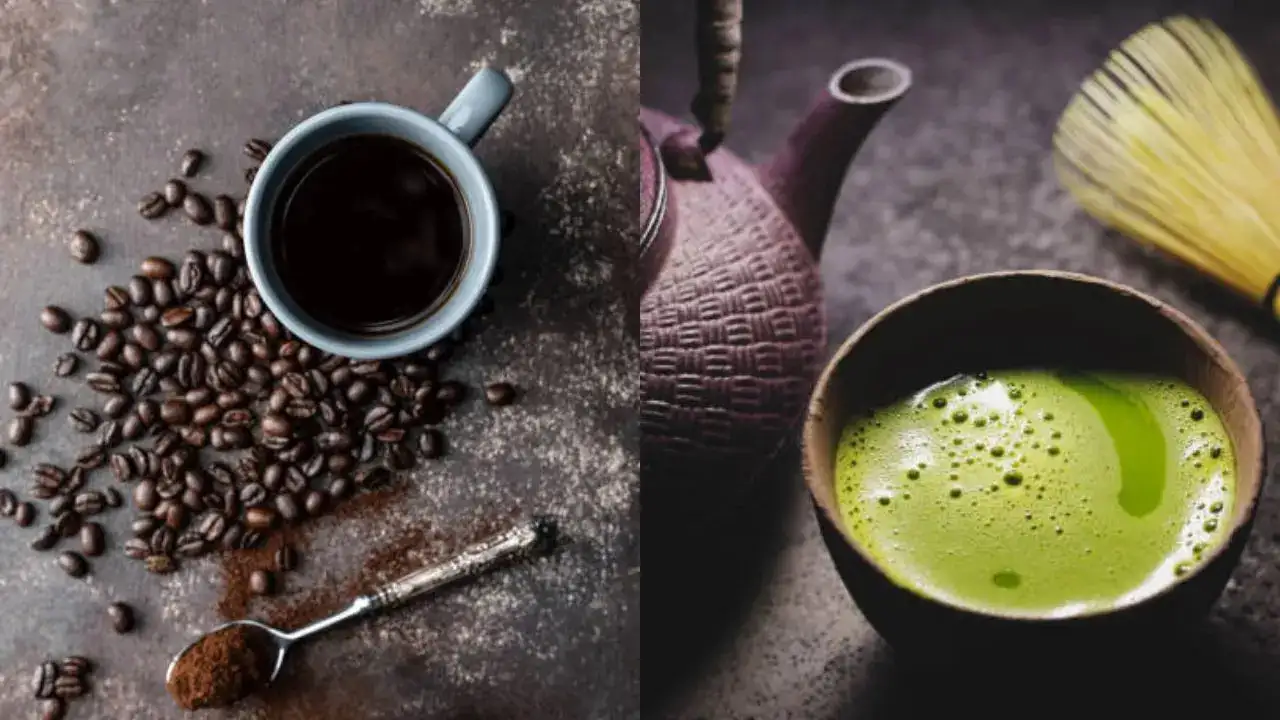
Healthy adults who drink matcha regularly show reduced symptoms of anxiety and stress
Coffee is among the most popular morning beverages people drink across the world for an energy boost. However, according to experts, despite benefits, long-term coffee consumption can lead to a few side effects as well. And so, it is wise to switch to matcha, which can significantly help you reduce stress and anxiety.
Matcha, a popular Japanese beverage, is made from the top three layers of young tea plants known as Camellia sinensis. It is grown in the shade, allowing the plant’s leaves to develop more biocompounds like amino acids than other teas.
How does matcha help reduce anxiety?
According to studies, healthy adults who drink matcha regularly show reduced symptoms of anxiety and stress. It can be due to matcha’s effect because of two compounds: L-theanine and epigallocatechin gallate, or EGCG. While L-theanine is an amino acid found in green tea that helps relieve stress, EGCG is great for reducing inflammation and oxidative stress—both of which play a big role in anxiety.
Since matcha is a concentrated form of green tea, experts say it has a more pronounced effect from L-theanine. “It has been shown to promote relaxation without sedation by increasing alpha brain wave activity and modulating neurotransmitters like GABA, dopamine, and serotonin,” Dr. Leigh Frame, executive director of the Office of Integrative Medicine and Health at George Washington University’s School of Medicine and Health Sciences, told Health.com.
Despite having caffeine matcha reduces stress
According to experts, matcha’s caffeine content is less than coffee or espresso. An 8-ounce cup of brewed coffee generally contains about 96 milligrams of caffeine, and an ounce of espresso contains about 64 milligrams.
While your body may quickly absorb caffeine—which is known to stimulate your nervous system and spike cortisol – the stress hormone—additional compounds in matcha dull this effect. Caffeine in matcha raises alertness and focus, and L-theanine makes you less jittery, buffering the effect by promoting alpha brain wave activity, leading to smoother, more balanced stimulation, often referred to as calm alertness.
How much matcha do you need?
While the serving sizes may vary, the calming dose is around 200 milligrams. This is the amount typically found in ceremonial-grade matcha, which is made from younger tea leaves and is therefore considered more potent.
Apart from tea, you can also add matcha to foods like desserts; however, experts say most antioxidants, including L-theanine, degrade at the high temperatures that typically come with long cooking times.
Other benefits of drinking matcha tea
Boosts brain health
Apart from helping calm your nerves, matcha also helps improve memory, alertness, attention, and concentration.
Reduces oxidative stress
Apart from antioxidants, matcha is also loaded with vitamin C and flavonoids, which help neutralise free radicals that have harmful effects. It helps lower certain chronic diseases related to oxidative stress, like chronic obstructive pulmonary disease (COPD), viral and bacterial infections, and cancers.
Improves heart health
According to studies, matcha supports the heart and blood vessels due to its antioxidant and anti-inflammatory properties that reduce inflammation in heart muscles or blood vessels caused by disease—apart from lowering high cholesterol and triglycerides.
Get Latest News Live on Times Now along with Breaking News and Top Headlines from Health and around the world.
